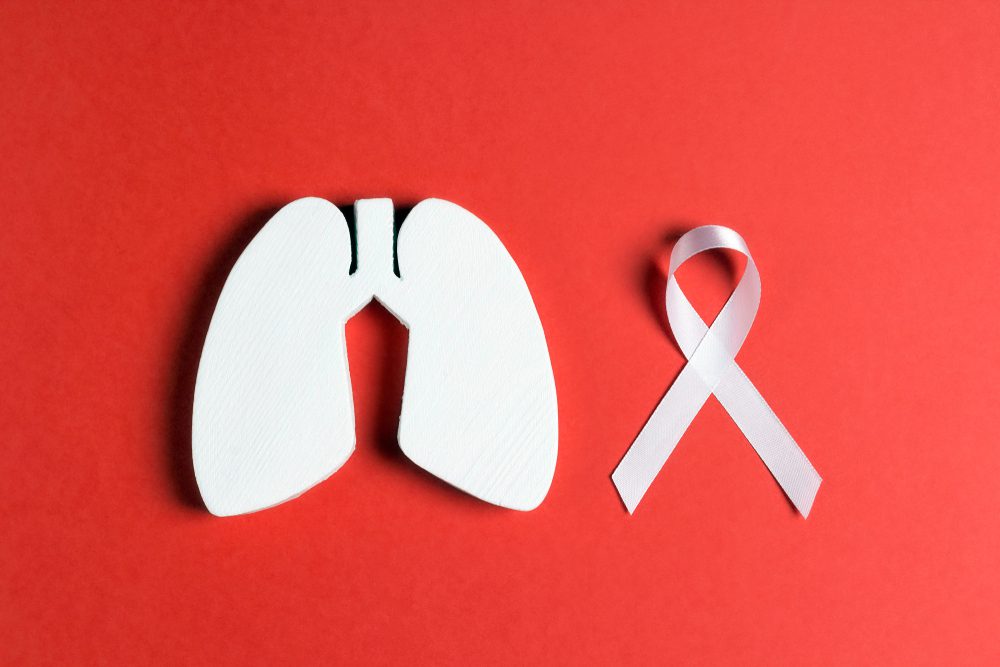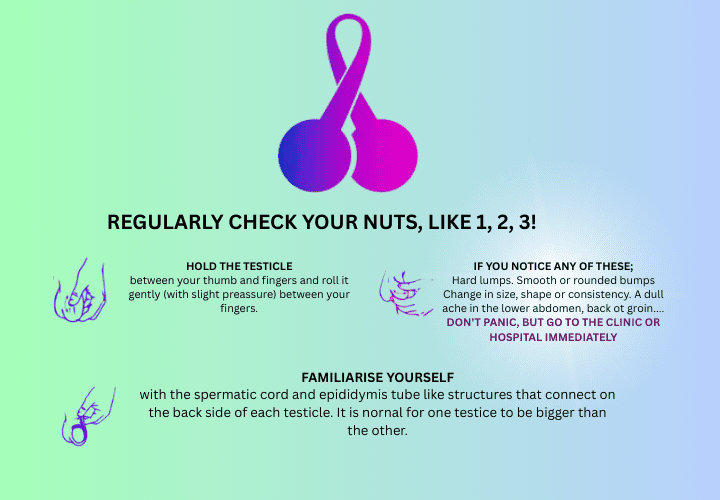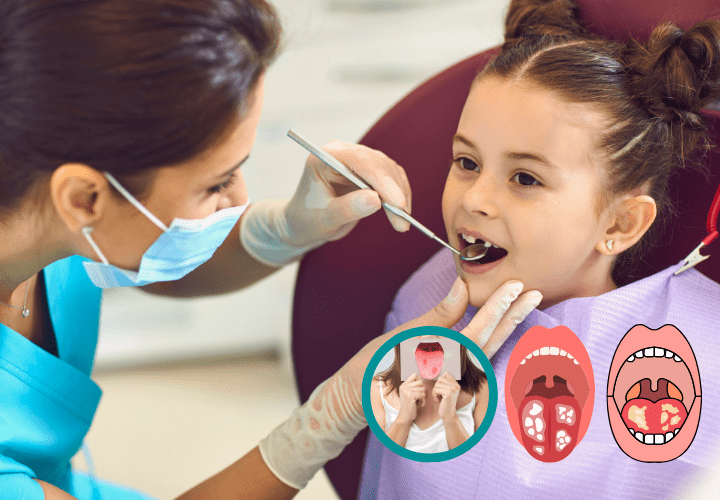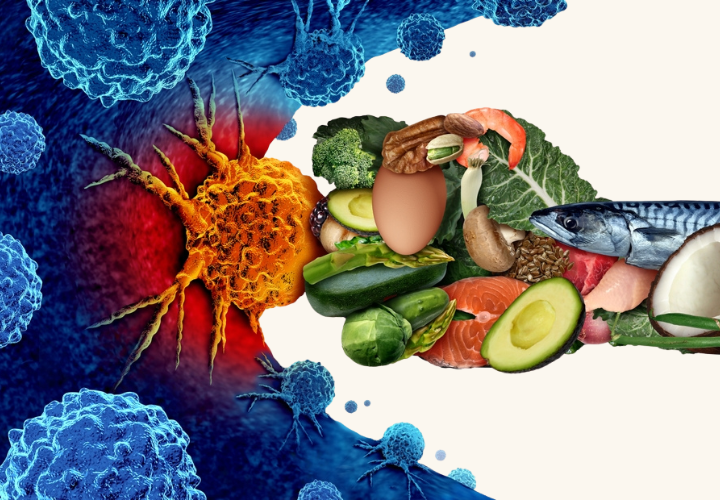How Do People Who’ve Never Smoked Get Lung Cancer?

How Do People Who’ve Never Smoked Get Lung Cancer?
- onco
- February 9, 2021
Despite what many believe, lung cancer isn’t limited to smokers. Non-smokers are also at risk when they’re exposed to cancer-causing agents.
Abstaining from cigarettes doesn’t guarantee complete protection from lung cancer.
Smoking is the main cause of lung cancer and should be avoided. But non-smokers can also suffer from this disease.
Lungs can be exposed to carcinogens (cancer-causing substances) through other means. This may include secondhand smoke, exposure to radiation, etc.
The misconception that only smokers get lung cancer is harmful. It stigmatizes patients by creating a false impression that they are responsible for their condition. It may also cause people who don’t smoke to dismiss symptoms. They may delay getting treatment until it’s too late.
So, we need to look at other possible causes of lung cancer and take precautions.
Causes Of Lung Cancer In Non-Smokers
Non-smokers may be exposed to factors that cause mutations or changes in their lung cells. Some causes of lung cancer in non-smokers include:
- Secondhand smoke: A non-smoker’s risk of getting cancer increases with the amount of secondhand smoke they inhale near a smoker. The smoke may come from the lit end of a cigarette or might be exhaled during smoking. Both kinds are hazardous to health.
- Radon exposure: Radon is the next greatest cause of lung cancer after smoking. The gas may be present in buildings. It breaks down into tiny particles that damage lung cells.
- Asbestos exposure: Many old buildings have materials that contain a cancer-causing mineral called asbestos.
- Radiation: Exposure to radiation, like during radiation therapy, might be a cause.
- Family history: People with relatives suffering from lung cancer are at risk of it.
- Genetic: Mutations in lung cells may lead to cancer.
- Air pollution: Areas with high air pollution see a high number of cases.
Symptoms
Most people don’t develop symptoms until the advanced stages of lung cancer. These may include:
- A new cough that persists
- Blood in cough (even small amounts)
- Shortness of breath
- Chest pain
- Hoarse voice
- Pain in bones
- Unexplained weight loss
- Headache
Consult your doctor if any of these symptoms persist and worry you.
How To Prevent It?
Preventing cancer isn’t always in our hands but you can reduce the risk with the following steps:
- Do not smoke: Every cigarette you have increases your risk of getting cancer dramatically. While abstaining from smoking isn’t a foolproof way to avoid cancer, it’s one of the most effective ways. So, don’t start smoking even out of curiosity.
- Avoid secondhand smoke: Request smokers to avoid smoking near you. Avoid areas where people like to smoke. Seek non-smoking zones when going out.
- Eat fruits and vegetables: A healthy diet with different types of fruits and vegetables can reduce the risk considerably. They are rich in vitamins and other nutrients. But you should avoid vitamin supplements because they may increase the risk according to some researchers.
- Avoid carcinogens at work: If your work involves dealing with chemicals, you need to take precautions to avoid inhaling them. Follow safety guidelines set by the employer and wear safety kit provided for the job.
- Exercise: Working out most days of the week can reduce the chances of getting the disease.
Recent Posts
-
Can Testicular Cancer affect fertility?
April 23, 2025
-
Why are Breast Cancer Cases Increasing Around the World?
April 17, 2025





Leave a Reply